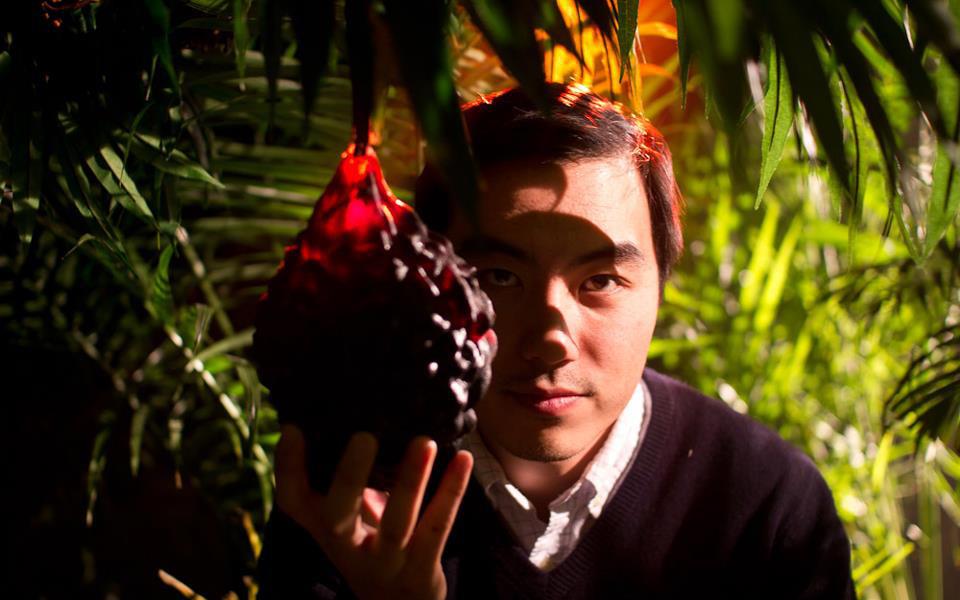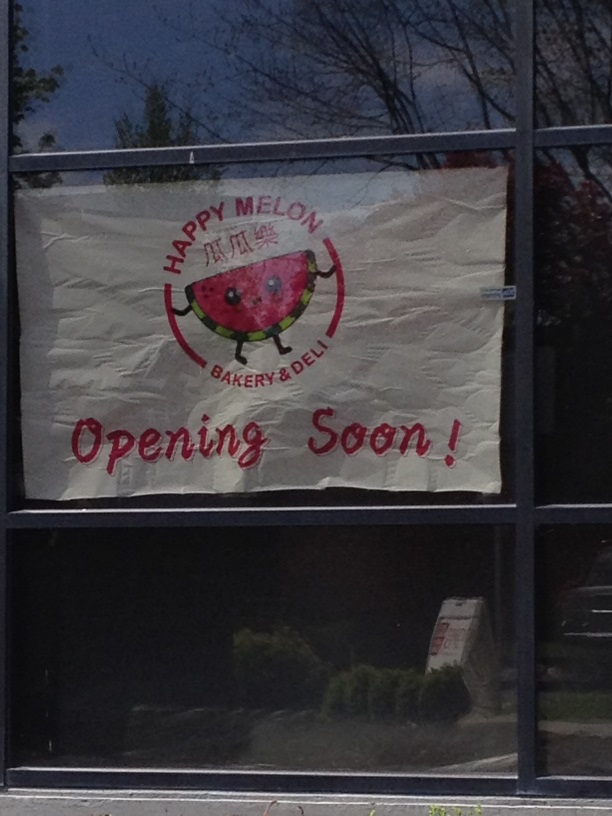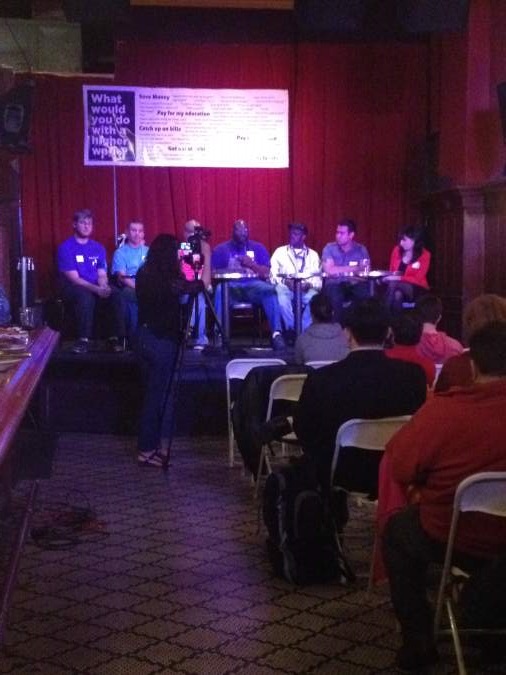Although on December 6 it becomes legal to possess one pound of “marijuana-infused product” or 72 ounces of marijuana-infused liquid, officials say Initiative 502 doesn’t open the door for restaurants to plate up pot.
Weed’s been a component of kitchen culture for so long that The New York Times took note of the phenomenon back in 2010, when a story attributed 21st-century dining trends such as Korean tacos and high-end poutine to chefs struck by the munchies. But cooking with cannabis has always been left to underground supper clubs, the unregulated medibles industry, and legalization advocates. And, according to authorities, that dynamic won’t change come Thursday.
“Delivery, which includes both sales and gifts, will remain a felony, with the sole exception being licensed entities who may sell marijuana in strict compliance with I-502,” explains Alison Holcomb, drug-policy director for the Washington ACLU. “So, no sales or gifts of marijuana-infused food items by restaurants.”
Although final rules pertaining to pot’s distribution and sale are still unsettled, I-502 explicitly states it’s unlawful to “consume a marijuana-infused product in view of the general public.” Restaurants are classified as public spaces, Washington Department of Health spokesperson Donn Moyer says. And while it’s not a definitive indicator of how the courts will interpret I-502, businesses’ attempts to evade the statewide smoking ban by seeking private-club status were rejected by the Washington Supreme Court in 2008. So even if chefs found a way to sneak pot brownies onto their menus, customers couldn’t legally eat them.
But the clearest prohibition may be located in the state’s food code, which bars commercial food producers from using any ingredients not approved for human consumption, such as marijuana. “It doesn’t appear that’s going to change,” Moyer says. Although the rules committee could recommend adjusting the code, it might be difficult to square those changes with food-safety concerns: Since pot remains illegal under federal law, there are no plans for the U.S. Food and Drug Administration to inspect or approve marijuana-infused products.
Yet Holcomb says the provisions of I-502 permit the sale of marijuana-infused products at stand-alone, marijuana-only retail stores. “Right now, marijuana is not approved, so if that’s true, then we’ll see,” says Moyer, who, like all state employees, is waiting for the legal implications of the initiative to be sorted out. What’s definitely illegal is smoking a joint in a restaurant—even if the bud’s organic, locally grown, and presented with a sommelier’s blessing.







